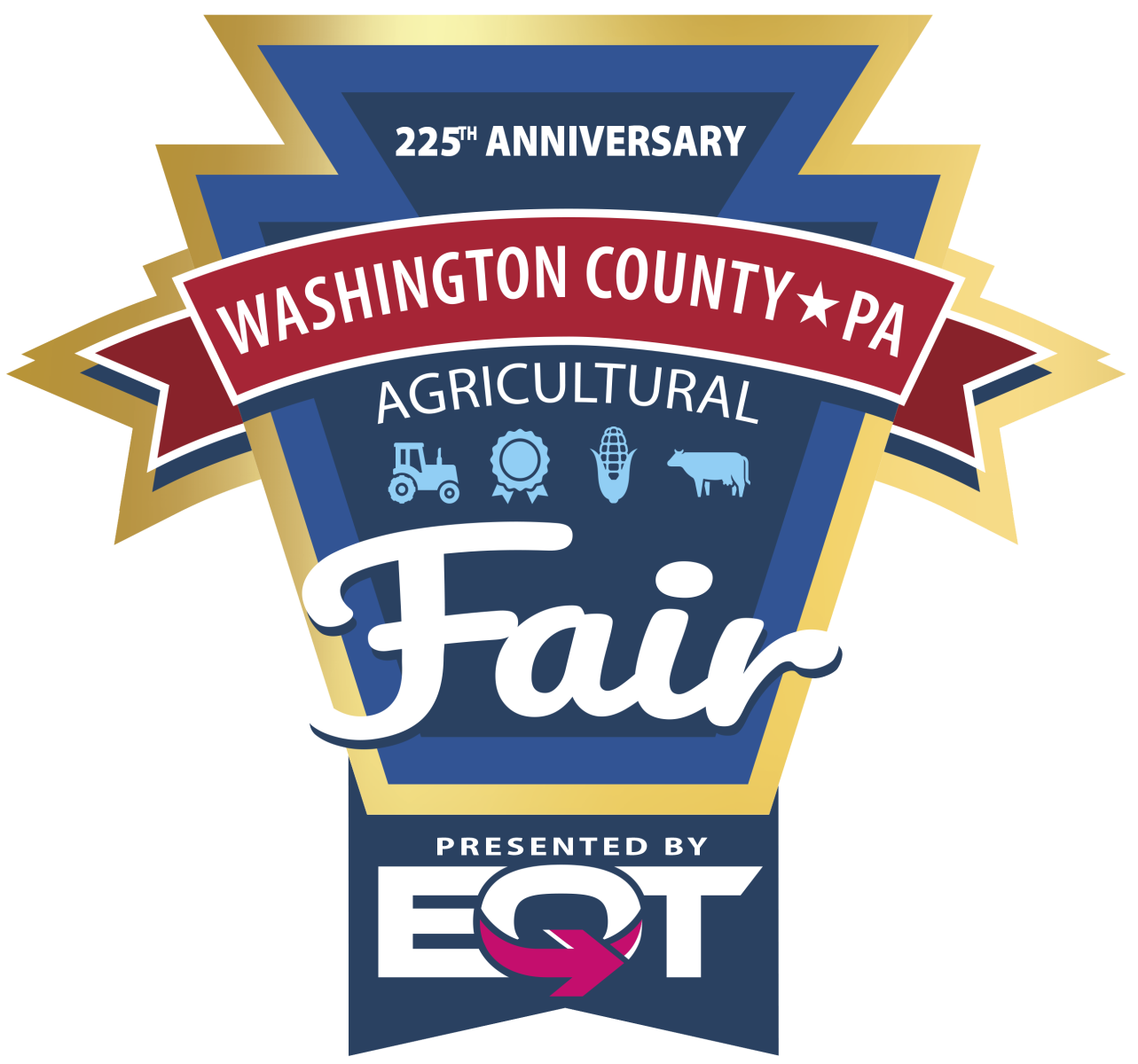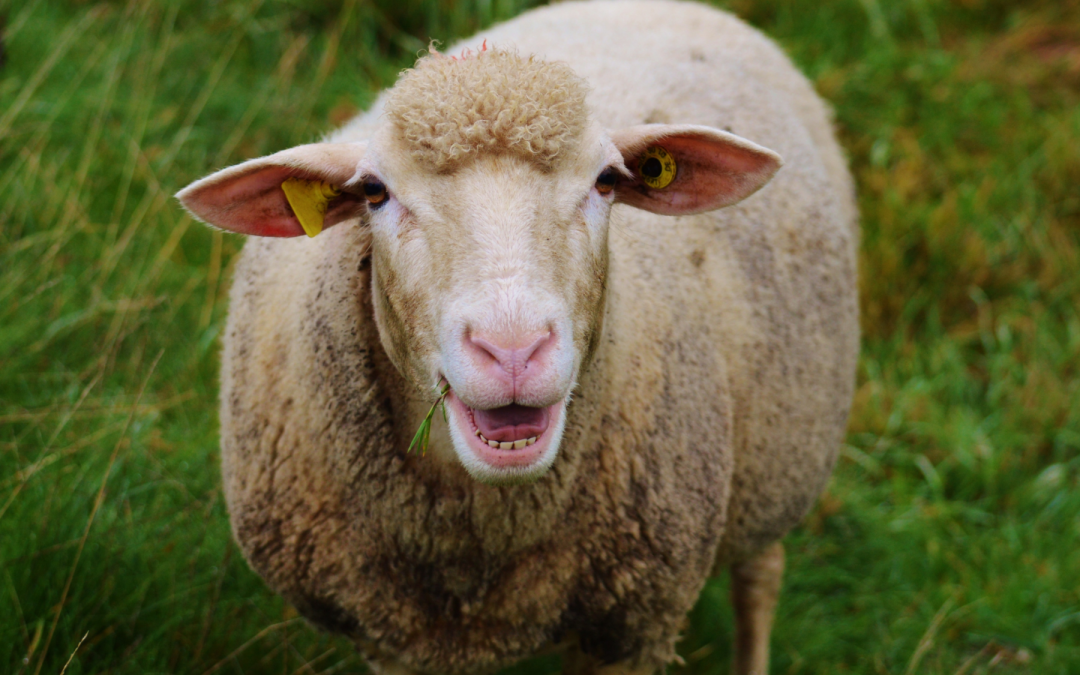Washington County, PA has a rich agricultural heritage that has been intertwined with the practice of sheep farming for centuries. This historic region, known for its fertile soil and rolling hills, has played a significant role in the development of the sheep industry in the United States. In this blog, we will explore the captivating history of sheep farming in Washington County, highlighting its economic and cultural importance throughout the years.
Early Beginnings and Pioneering Efforts:
The roots of sheep farming in Washington County can be traced back to the early 19th century when settlers began establishing farms in the area. As agriculture flourished, farmers recognized the suitability of the region’s terrain and climate for raising sheep. The rolling hills provided ample grazing land, and the climate offered favorable conditions for wool production.
Sheep breeds such as the Merino, Rambouillet, and Columbia gained popularity due to their adaptability to the local environment. The early pioneers faced numerous challenges, including predator attacks, disease outbreaks, and limited access to markets. However, their perseverance and dedication laid the foundation for the thriving sheep industry that would develop over time.
Boom Years and Industrial Revolution:
The mid-19th century marked a period of rapid growth for sheep farming in Washington County. The onset of the Industrial Revolution increased the demand for wool, which was used in textile mills throughout the region. Local farmers responded to this demand by expanding their flocks and improving breeding techniques to enhance wool quality.
The construction of railways during this period further boosted the industry, enabling farmers to transport their livestock and wool to markets in Pittsburgh and beyond. The accessibility of new markets stimulated economic growth, and sheep farming became a vital part of the county’s agricultural landscape.
County Fairs and Agricultural Societies:
The establishment of county fairs and agricultural societies played a crucial role in promoting sheep farming in Washington County. These events provided farmers with opportunities to showcase their finest sheep and exchange knowledge and techniques. The Washington County Agricultural Fair, founded in 1823, became a gathering place for farmers and an occasion to celebrate the region’s agricultural achievements.
In addition to the fairs, agricultural societies, such as the Washington County Sheep and Wool Growers Association, were formed to support the interests of local farmers. These organizations organized educational programs, competitions, and exhibitions, fostering innovation and sharing best practices in sheep farming.
Challenges and Modernization:
The 20th century brought new challenges to the sheep farming industry in Washington County. Changing consumer preferences and the rise of synthetic fibers resulted in a decline in the demand for wool. Many farmers transitioned to other agricultural pursuits or diversified their operations to remain economically viable.
However, despite the challenges, dedicated sheep farmers persevered, adapting to the evolving market conditions. They focused on improving breed genetics, enhancing flock management practices, and diversifying income streams. Today, Washington County continues to be home to numerous sheep farms, albeit on a smaller scale than during its peak.
Preserving the Heritage:
In recent years, there has been a renewed interest in the heritage and sustainability of sheep farming in Washington County. Local organizations and enthusiasts are working together to preserve the historical significance of the industry through initiatives such as educational programs, breed conservation efforts, and farm-to-table experiences.
Visitors can now explore sheep farms, learn about wool production, and experience the unique charm of rural life in Washington County. By fostering an appreciation for the region’s agricultural heritage, these efforts ensure that the legacy of sheep farming remains alive and celebrated for generations to come.
The history of sheep farming in Washington County, Pennsylvania, weaves a tale of resilience, innovation, and community. From its humble beginnings to its heyday during the Industrial Revolution, the industry has played a vital role in shaping the county’s agricultural landscape and economic prosperity. While facing challenges in the modern era, the enduring spirit of Washington County’s sheep farmers, coupled with a renewed interest in heritage and sustainability, ensures that the legacy of sheep farming will continue to thrive, preserving the region’s rich history for years to come.

